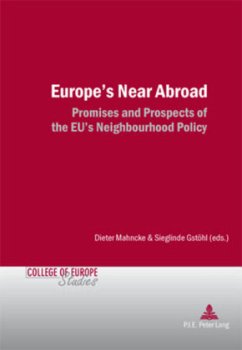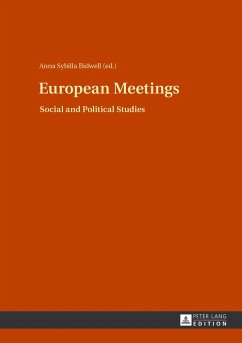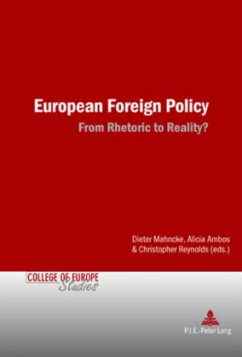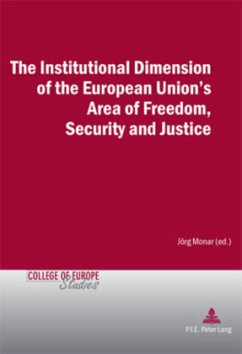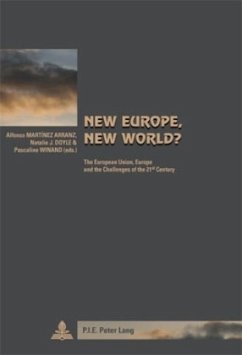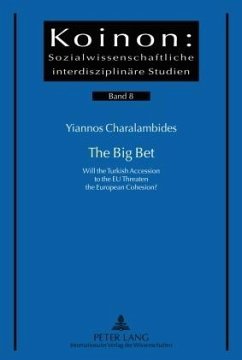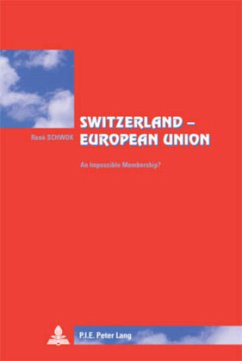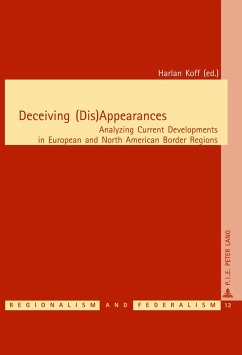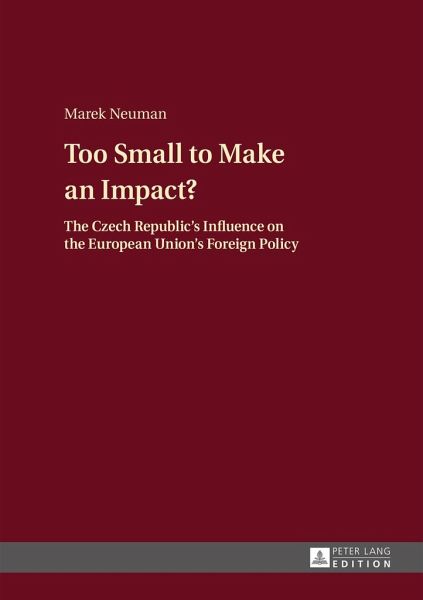
Too Small to Make an Impact?
The Czech Republic's Influence on the European Union's Foreign Policy
Versandkostenfrei!
Versandfertig in 6-10 Tagen
73,30 €
inkl. MwSt.

PAYBACK Punkte
0 °P sammeln!
Do small EU member states exert influence over the EU's foreign policy-making process? Ten years after the Czech Republic joined the European Union, Marek Neuman attempts to answer this question by looking into whether Prague succeeded in translating its foreign policy preferences vis-à-vis Russia and the larger post-Soviet space into the EU's foreign policy making. Looking at three policy portfolios - the EU's Eastern neighborhood, energy security, and external democratization - he argues that the Czech influence varies across issue areas and time. In studying the role of member states in EU...
Do small EU member states exert influence over the EU's foreign policy-making process? Ten years after the Czech Republic joined the European Union, Marek Neuman attempts to answer this question by looking into whether Prague succeeded in translating its foreign policy preferences vis-à-vis Russia and the larger post-Soviet space into the EU's foreign policy making. Looking at three policy portfolios - the EU's Eastern neighborhood, energy security, and external democratization - he argues that the Czech influence varies across issue areas and time. In studying the role of member states in EU foreign policy formation, he concludes that three master variables - quality of the national preference, ability to position oneself as a norm entrepreneur, and the character of interstate negotiations together with one's negotiation skills - determine a state's ability to make a difference in Brussels.





